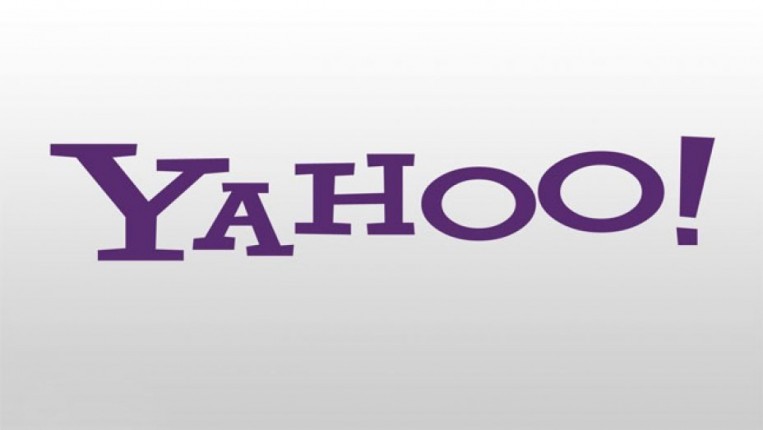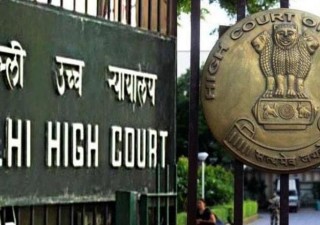Damages in Trademark Infringement Cases: A Case Study of the Yahoo v. Sanja Patel Case
19 October 2016

With the Indian legislature and judiciary realizing the increasingly important need to safeguard and protect the intellectual property assets of a company, intellectual property litigation in India has recently received a heartening – and much-required and awaited – thrust with the recent enactment of the Commercial Courts Act, which has brought about a time revolution in such cases, and the recent trend of Indian judges granting larger damage amounts in intellectual property cases.
The recent judgment of Justice S. Muralidhar of the Delhi High Court, wherein the court recognized and upheld the well-known Yahoo trademark of Yahoo! Inc., while passing an order of permanent injunction against the defendants restraining them from infringing the plaintiff’s rights in the Yahoo trademark, and in granting damages of Rs.3.2 million (US$48,000) and costs of Rs.640,000 (US$9,600) in favour of the plaintiffs, is an illustration of this recent trend.
This case was filed by Yahoo in April 2015 against Apricot Foods Pvt. Ltd. (AFPL), an entity situated in Gujarat involved in selling chips and other snack items under the brands Everest and E-Vita, and which had been found dealing in products under the infringing names Yahoo Masala Chakra and Yahoo Tomato Tangy. When the suit was first listed before the court on April 10, 2015, the court was pleased to grant an ex parte ad interim injunction in favour of the plaintiffs, restraining the defendants from dealing in snacks bearing names which infringe the plaintiff’s Yahoo trademark.
Thereafter, the court proceeded ex parte against the defendants as a consequence of the defendants choosing not to enter appearance before the court, in spite of due service of summons and notices upon them. In fact, one of the defendants had written to the plaintiff’s lawyers acknowledging receipt of the summons by the defendants.
The plaintiff was then directed to file its ex parte evidence. After perusing through the evidence filed by the plaintiff and the evidence collated by the local commissioner during the raid at the defendants’ premises, the court ruled in in favour of the plaintiff.
The court granted a permanent injunction against the defendants, restraining them from dealing in products bearing an infringing mark and awarding damages and costs in favour of the plaintiff. Other important observations made by the judge in the judgment are:
1) That the plaintiff’s registered Yahoo trademark has been used by the defendants as a prominent part of the name of their products and that such use is a violation of the plaintiff’s trademark, amounting to infringement and passing off of the plaintiff’s Yahoo trademark.
2) That the plaintiff has been able to prove that the defendants’ adoption of the Yahoo trademark is undoubtedly dishonest and has been done by the defendants to piggyback on the reputation of the plaintiff.
3) That such use of the plaintiff’s trademark by the defendants is detrimental to the distinctive character and repute of the plaintiff’s well-known Yahoo trademark. That the continuous infringement by the defendants of the plaintiff’s trademark has the potential of diluting and tarnishing the reputation attached to the said trademark.
This judgment and order of the Delhi High Court, though granted ex parte, is an illustration of the significant change in the approach of the Indian courts of granting high damages in intellectual property cases, especially trademark infringement cases. This case, and the case of Cartier International AG v. Gaurav Bhatia, 2016(65)PTC168[Del], wherein the Delhi High Court granted damages of Rs.10 million (US$150,200) in a counterfeiting and trademark infringement suit, highlights the steps being taken by the Indian judiciary to ensure that infringers of registered trademarks are not let off scot-free so as to ensure efficient and effective protection of trademarks.
First Channel Building
Plot No. 17 A, Sector 16 A
Film City, Noida 201301 (UP)
India
T: +91 120 4059300
F: +91 120 4243056 - 058
E: email@anandandanand.com








